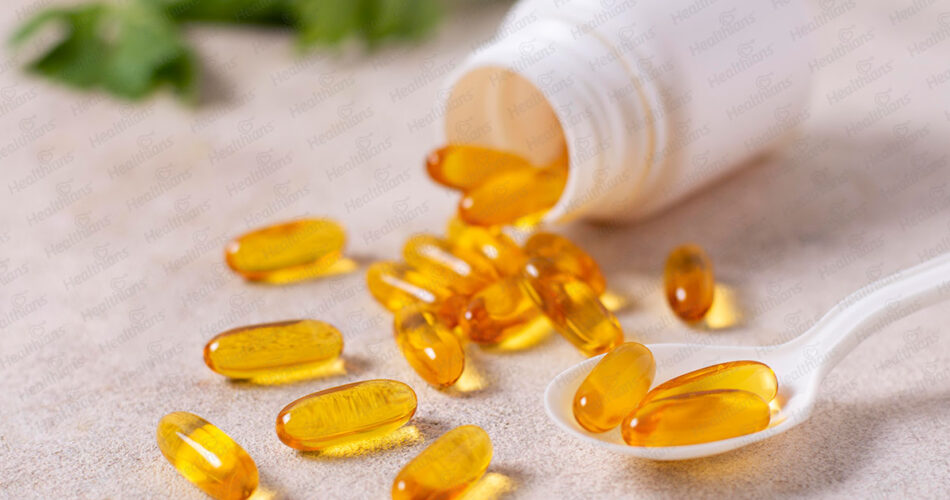New things come in the market, stay for a while to become the trend, and then disappear into oblivion. That’s how it works in the world. Right now, biotin gummies are the talk of the town. You may have heard it from a friend, or read about them in wellness magazines and blogs. It’s apparently the world’s elixir to combat hair loss and get strong and luscious hair.
As you have heard, biotin and hair health go hand in hand. But what exactly is biotin? Is it just for the hair? What more does it do? Should you take biotin supplements?
Well, we will be telling you more about this super nutrient in this blog.
What is biotin?
Biotin is the other name for vitamin B7. It is also called vitamin H. The vitamin makes up hair, skin and nails. Hence, if your body lacks it, you may experience hair fall and brittle nails.
You must also know that biotin is a water-soluble vitamin that has several functions beyond making up hair shafts and nails. Biotin also helps the body metabolise carbohydrates, fats, and proteins. It must also be noted that neither this water-soluble vitamin is stored in the body nor can human cells synthesise this vitamin. But bacteria in the body can still produce it. You may also get it from a balanced diet.
Biotin and hair health
Biotin is most commonly associated with hair growth. There have been several claims that biotin supplements can accelerate hair growth. So, is it really true?
As per research and studies, patients suffering from temporary hair loss saw significant improvement in hair growth after 90 days. This is because biotin improves the structure of keratin, ultimately improving volume and coverage on the scalp.
And does it help with hair loss?
Well, for starters, if the root cause of hair loss is biotin deficiency, then certainly biotin supplements can work wonders for you.
It must be noted that biotin promotes the regeneration of muscles, which is also involved in the oxidation and synthesis of fats. Therefore, it not only promotes strength but also prevents the hair from becoming weak and brittle. In addition, it also enhances the state of the follicles. The biotin included in hair products like shampoos and hair masks also helps control dandruff and regulate sebum.
Does biotin also help with other body functions?
Yes, apart from controlling hair loss and facilitating hair growth, biotin also helps with other body functions. These include:
Helps with nerve health
Claims suggest that biotin helps the nerves to recover from damage. This is most commonly observed in patients suffering from diseases such as multiple sclerosis. However, more research is needed.
Prenatal care
Most pregnant women suffer from biotin deficiency. Although there is no certain reason why it happens, it is believed that the deficiency is caused because the body tends to break down vitamins faster during pregnancy.
Helps in breaking down macronutrients
Biotin plays a crucial role in converting food into energy. Biotin helps the body convert food into energy. It is involved in several processes, including gluconeogenesis, fatty acid synthesis and amino acid breakdown.
Helps in controlling blood sugar
It has also been observed that biotin levels are comparatively lower in patients suffering from diabetes. A biotin deficiency may affect blood sugar regulation for the worse.
There are some more functions of biotin in the body. These include controlling metabolism, protecting the heart from issues resulting from improper blood flow, and promoting brain function as the brain requires biotin for the production of myelin sheath, a fatty substance that protects the brain.
Closing thoughts – Do you need biotin supplements?
Biotin supplements do help, but only when you are biotin deficient. If you are not, biotin supplements won’t provide extra benefits, but can possibly do more harm. It’s best to take a health test first, then talk to health experts and your doctor before you begin taking biotin supplements. Nevertheless, it’s advisable if you meet your biotin deficiency by taking a nutrient-rich diet prioritising biotin. Some rich vegetarian sources of biotin include broccoli, peanuts, mushrooms and avocado.




